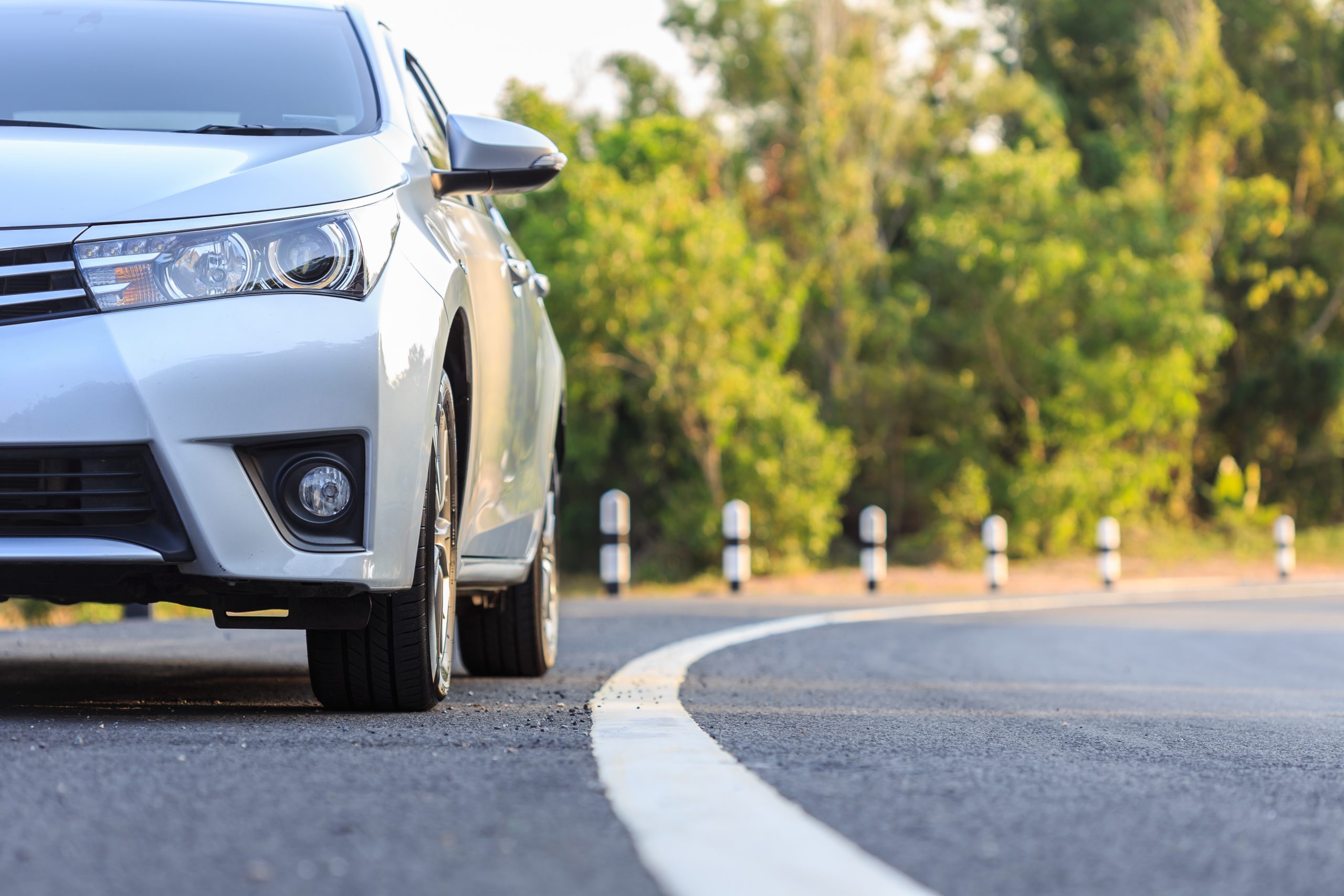
Introduction
When driving in Texas, defensive driving can keep you safe. Taking an online driving course can help ensure that you stay safe. Here are seven tips that help keep you safe.
1. Maintain Your Vehicle
Even something as small as an oil change is important to keeping you safe. Additionally, taking your car for an oil change is often like visiting a doctor for a checkup. Your technician can alert you to other issues that need attention. Brakes, tires, fluids, and lights can all be checked during a routine oil change.
Proper brakes are vitally important for stopping your vehicle and driving defensively. Neglecting your upkeep on your brakes can also cost you money. Warped rotors can result in reduced stopping power and inconsistent braking. Your vehicle may even drive uneven.
Having good tire tread is vital not only in inclement weather but also for proper grip in clear conditions. Preventing a flat-tires and blowouts can save you a lot of money and expensive damage.
Full fluids, such as wiper fluid, coolant, and power steering fluid, keeps your vehicle running smoothly and prevent disruptions while driving. It is always easier to keep your fluids full rather than repair the damages caused.
Working front and rear lights are vitally important. In addition to keeping your way lit, working lights communicate with other drivers. In order to keep safe, other drivers need to see you and know when you are braking, turning, or just driving along.
2. Drive Defensively
Driving slow and careful during bad weather is easy. But it does not have to be snowing, raining, or foggy for you to drive defensively. Look ahead. Try to predict what other drivers will do. In inclement weather, make sure you never drive faster than the conditions allow. This allows you more time to react.
Look for potential dangers in the road ahead. Road conditions can change quickly and hitting a patch of ice or a large puddle can cause you to lose control of your vehicle. React to the road and other drivers.
3. Wear Your Seatbelt
Almost 50% of people who die in a car crash are not wearing a seatbelt. Seat belts are also important in keeping other people safe. In the event of an accident, a person not wearing a seatbelt can become a dangerous projectile and injure other drivers or passengers.
Even in a low-speed accident, a seatbelt can prevent collision injury from the steering wheel or loose cargo. An important thing to remember is that an accident can happen anywhere and most accidents occur near the home. Even on a short errand, wear a seatbelt.
4. Never Drive Impaired
Alcohol and other drugs can severely impair your ability to drive a motor vehicle. Even some prescription drugs can cause drowsiness or confusion. Check with your medication before operating a moving vehicle.
Drunk drivers are also very dangerous for other drivers. Alcohol-impaired drivers account for nearly a third of all traffic deaths. Drugs other than alcohol are involved in roughly 15% of other vehicle crashes. Marijuana users are almost 25% more likely than non-impaired drivers to be involved in an automobile crash.
5. Drive the Speed Limit
Speed kills. Going faster can only reduce your travel time by a few minutes. Increasing your speed, though, increases your likelihood of crashing. 25% of automobile fatalities were related to excess speed. Speeding is a major component of unsafe driving.
Even in clear conditions, speeding can produce unsafe driving conditions for others. Drive the speed limit and leave space between your car and the person in front of you. An accident will severely slow you down.
6. Limit Distractions
Cell phones, loud music, and other types of distracted driving are extremely dangerous. Focus on the road. In order to drive defensively, you must be aware of what cars and conditions are around you. Many states have passed more strict legislation regarding cell phone usage. Hands-free and blue tooth technology can help you talk while driving.
7. Stay Alert
Sleep-deprived drivers can be as dangerous as drunk drivers. A fifth of all auto accidents cites sleep deprivation as a factor. Driving while drowsy can reduce your reaction time by almost a third. If you get sleepy, pull over. Always check that medication you are taking does not react poorly in you and cause tiredness. Driving alert saves lives.
Conclusion
Defensive driving is important. It keeps you and others safe. Following these 7 tips will help make sure you stay on the road. For a more complete outline of measures to stay safe, take an online defensive driving course.








Leave a Comment